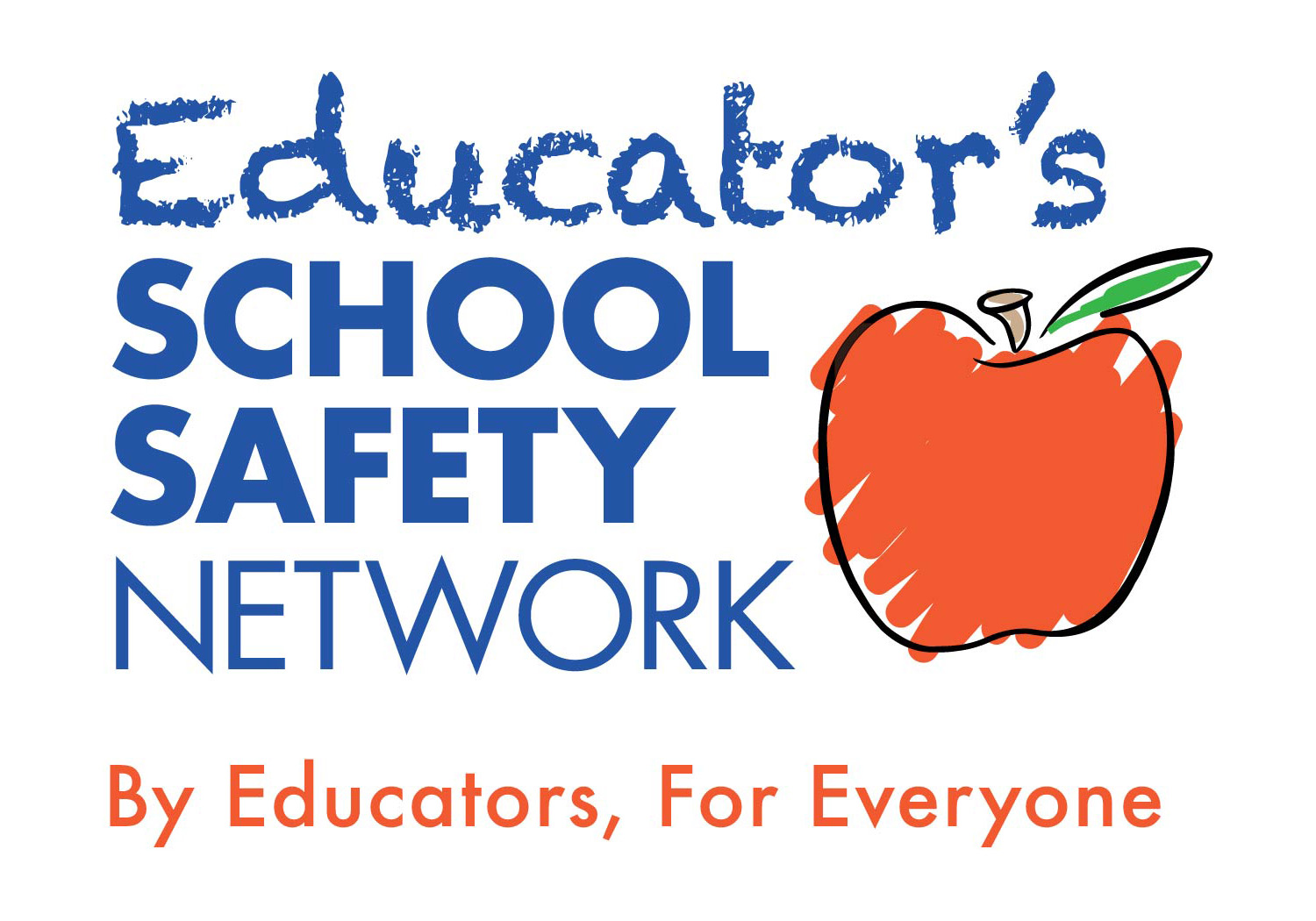This week there has been a lot of discussion and debate about school safety issues – specifically about responding to an active shooter event.
Everyone from Rush Limbaugh to scholarly experts in the field have weighed in on the problems associated with a “confront” or “counter” orientation and the fallacy of this approach as a “best practice”.
Well, here comes the position of the Educator’s School Safety Network.
While our stand, as a non-profit organization dedicated to education-based training, has always been that countering or “fighting” is not developmentally appropriate, effective, or even safe, we are an organization that advocates for the options of evacuating and barricading.
Herein lies the problem. In our common vernacular, a Kleenex is ubiquitous for a tissue, a Q-tip is a cotton swap, and “Googling” is using a search engine. In this school safety discussion, the term ALICE, a for-profit, active shooter response training company is often used interchangeably (and incorrectly) to mean any sort of training program that advocates giving people options to respond to a crisis event.
Our organization is not an ALICE organization, nor do we teach countering, yet our training is based on the fundamental premise of providing educators and students with appropriate options, such as evacuating or barricading, that will help them to save their lives, rather than just employing the traditional lockdown approach of hiding in the corner and waiting to law enforcement to save the day.
It is encouraging to see a critical examination of approaches such as ALICE and others, but we must not lose sight of the incredible value and effectiveness of appropriately training and providing school stakeholders with options, rather than focusing on a singular response – be it fighting or sitting in a corner hoping for the best.
So when you hear of options-based training or lockdown enhancements, don’t automatically think ALICE, instead critically examine what options are taught, how the training is conducted, who conducts the training, and perhaps most importantly, whether it is by educators, for educators.
http://safehavensinternational.org/alice-training-gets-canned/
http://www.cnn.com/2015/01/13/living/feat-students-canned-goods-stop-school-shooters/
http://www.rushlimbaugh.com/daily/2015/01/14/quick_hits_page
